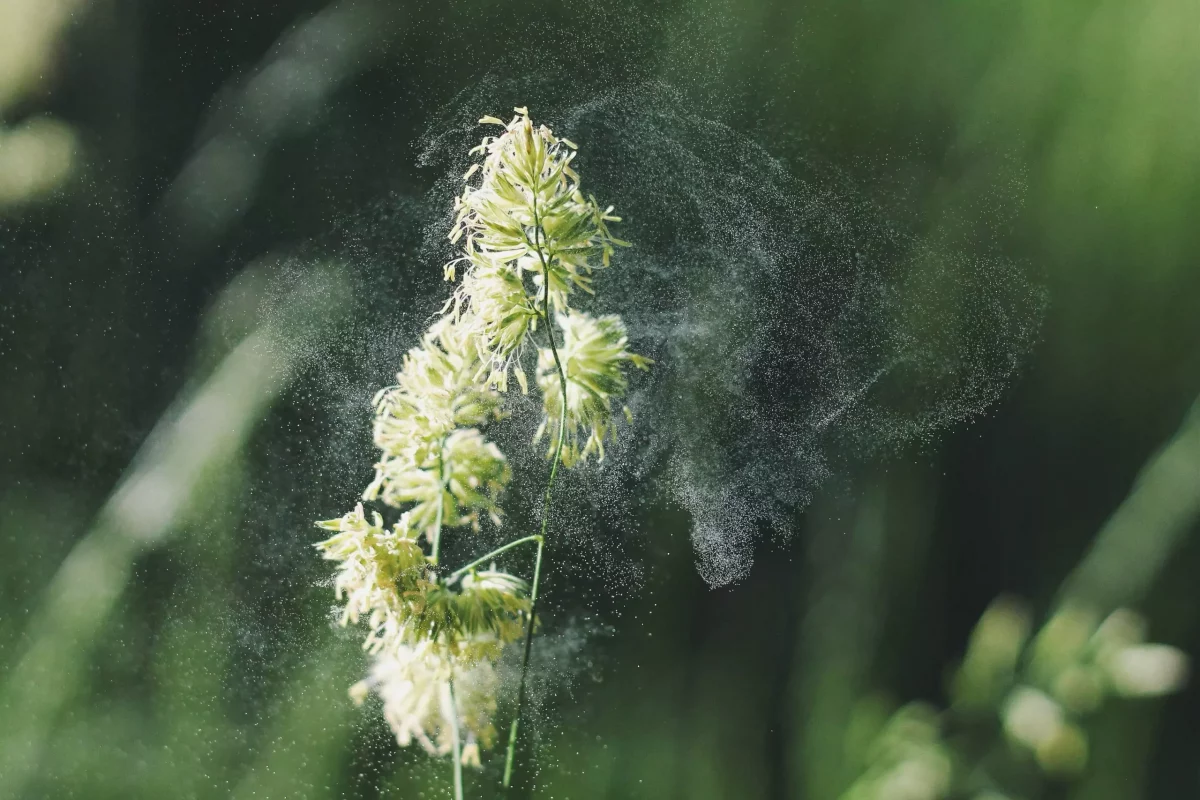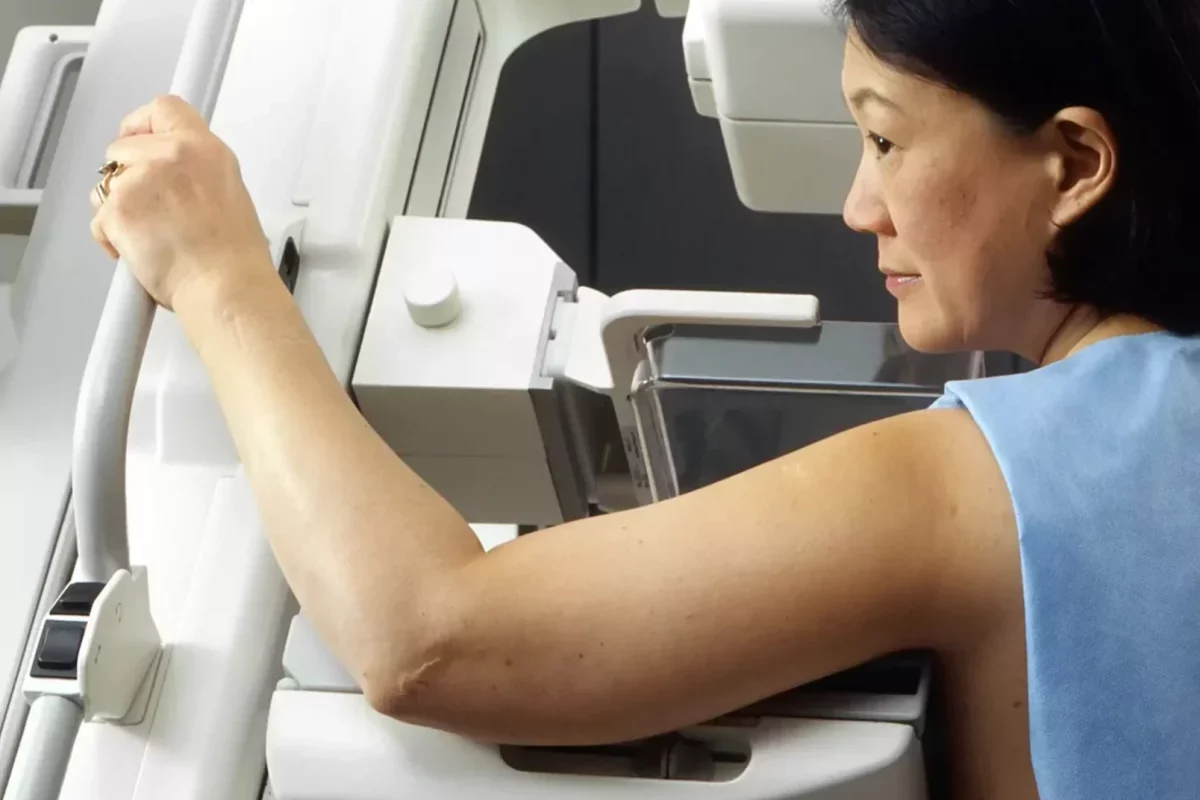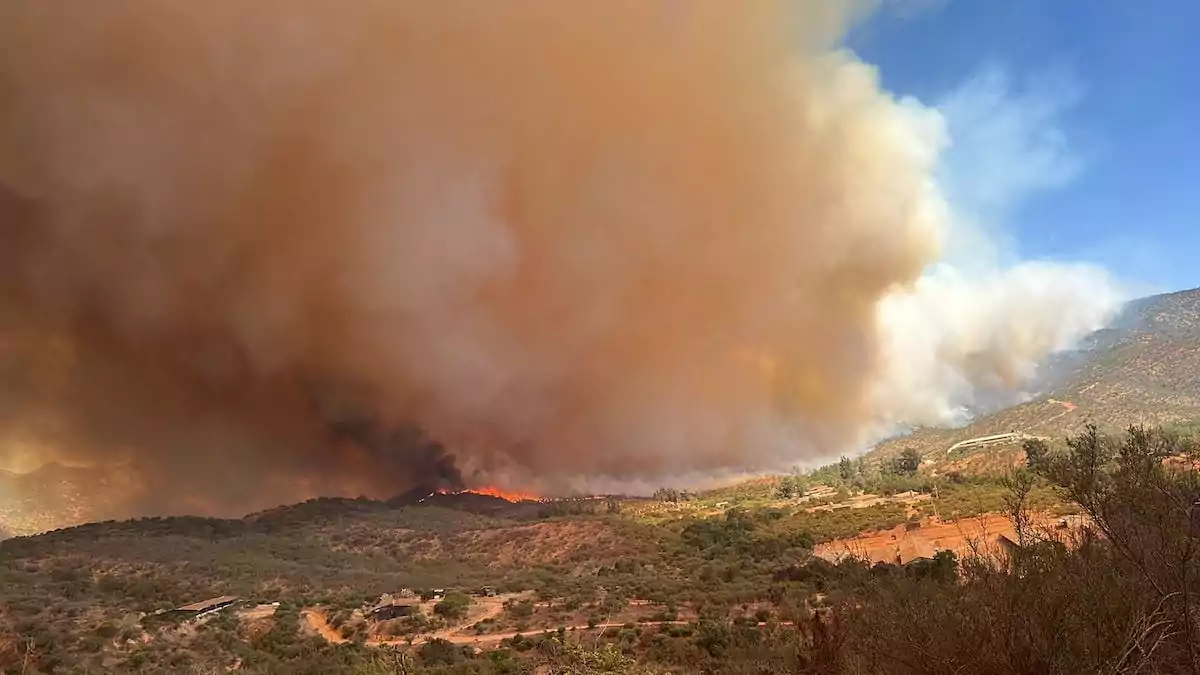As the old adage goes, an ounce of prevention is worth a pound of cure.
There are close to 450,000 new cancer cases detected in France each year and an estimated 185,000 people lost their lives in the fight against the disease in 2022.
On 6th February, it was announced by the French government that the nation’s healthcare service was making a significant shift in its philosophy on cancer screening and, from now on, the registered population will be actively invited to attend regular screenings for three of the most common forms of the disease: breast, cervical and colorectal.
How it works
Under the new system, patients in the public health care system will be sent letters or emails reminding them to book in for screenings depending on their age and the type of cancer being screened for.
Women aged between 50 and 74 can expect to be sent a letter or an email from L’Assurance Maladie every two years asking them to book in for a mammogram and a general physical exam. A reminder about breast cancer screening will be sent out after six months if no action by the patient is taken, and again six months later. The service is fully covered by health insurance.
Cervical cancer screenings, meanwhile, are targeted at women aged 25 to 65, but are structured differently depending on age. For those aged 25 to 29, there will be two initial baseline tests taken one year apart. If the results of both are normal, a review will be undertaken three years later. For those aged 30 and older, the screening is recommended every five years until the age of 65. The same reminder service will be employed by L’Assurance Maladie and 70% of the cost will be covered by insurance. In many cases, a mutuelle will cover the remaining amount.
Colorectal cancer testing is available to both women and men aged 50 to 74 and is a do-it-yourself procedure. Every two years, free test kits will be posted to people in this age range. After following the instructions on the kit and placing the identification labels on the tube, the samples are posted back, free of charge, for analysis.
Results from all tests can now be obtained via text message or by post on request.
Regular testing, even if no symptoms are present, can help detect cancer in its earliest stages and thus vastly improve the treatment outcomes for sufferers. Indeed, early detection often proves the difference between life and death in the most severe cancer cases.
For more information on the changes to cancer screening in France, click here.
Join the Monaco Life community – sign up for the Monaco Life newsletter, and follow us on Threads, Facebook, Instagram, LinkedIn and Tik Tok.
Photo source: National Cancer Institute


